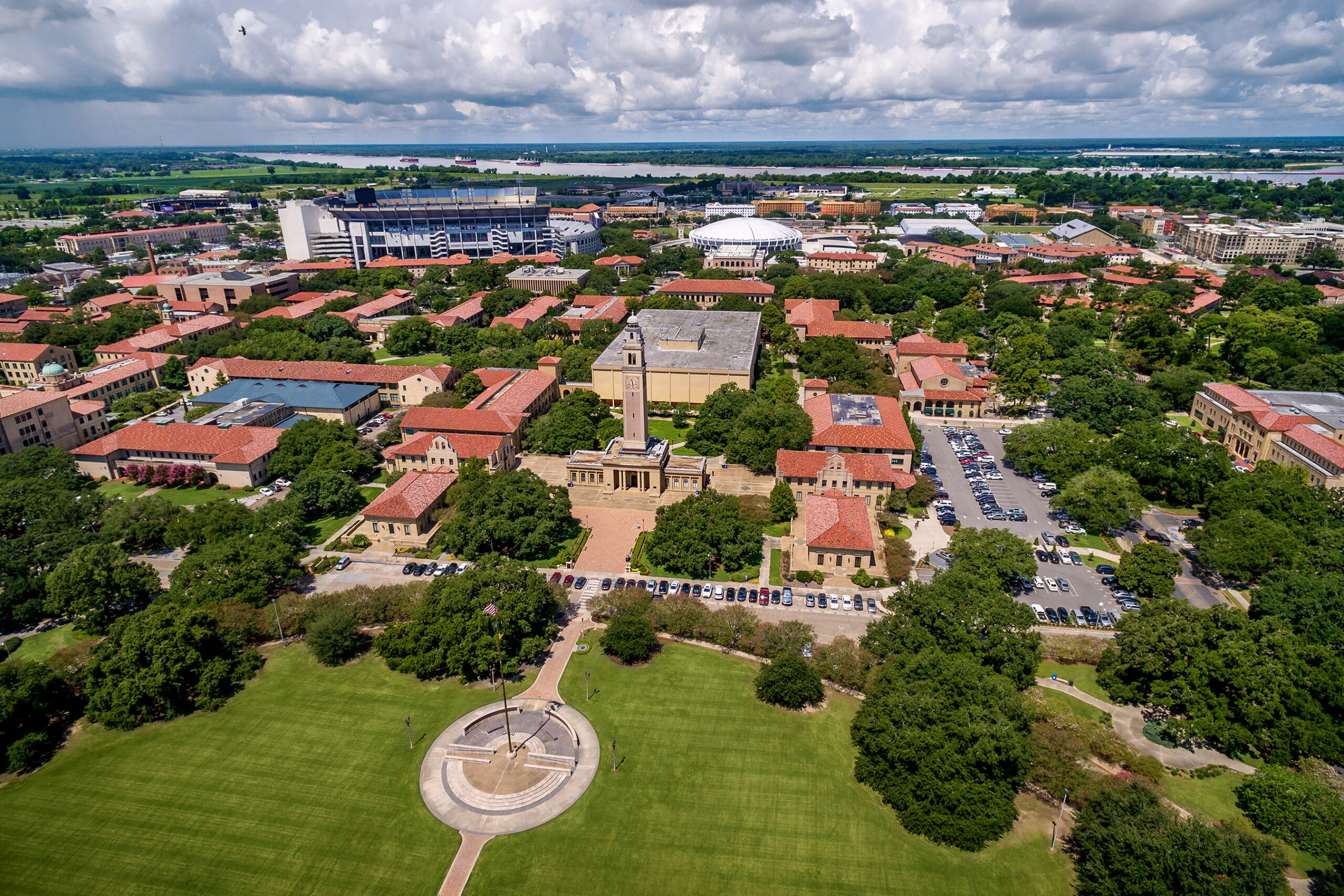Introduction to Motor Learning
Introduction to Motor Learning provides an overview of theory, research, and practice in motor learning. The course introduces the cognitive, behavioral, neurophysiological, and biomechanical approaches to motor skill learning.
Key Themes:
- Motor Control & Performance
- Attention, Information Processing & Decision-making
- Motor Skill Acquisition, Retention, & Transfer
Students develop:
- Knowledge about characteristics that distinguish the various types of motor skills
- Knowledge about motor control features that influence motor skills performance and learning
- Knowledge about the assessment of motor skill learning and characteristics of the various stages of skill learning;
- Knowledge of motor skill learning principles and their applications to motor skill learning and rehabilitation contexts
- an understanding for an evidence-based practice in real world environments (e.g., sport, rehab, education)
Introductory Psychology
Introductory psychology provides an overview of the theories, research methods, and key research findings associated with psychology. The course introduces differing perspectives on biological, cognitive, social, and developmental psychology.
Key Themes:
- Scientific inquiry into behavior
- Biological systems supporting behavior
- Complexity of behavior
- Contextual influences on behavior
Students learn to:
- Describe and integrate the biological, cognitive, social, and developmental factors that influence human behavior
- Recognize and explore key theories of psychology in primary research, popular press, and everyday life
Child Psychology
Child psychology explores the theories, research methods, and key research findings associated with the study of child development. This course introduces differing perspectives on multiple aspects of child development including biological, cognitive, and social/emotional development.
Key themes:
- Interaction, correlation, and mediation of biological and environmental influences on child development.
- Active roles children play in their own development
- Mechanisms of developmental change
- Socio-cultural and contextual factors that influence development
- Individual differences
Students learn to:
- Describe and integrate the biological, cognitive, and social/emotional factors that influence development throughout childhood
- Explore theories of developmental psychology by evaluating primary source research articles on child development
- Recognize scientific concepts and principles of child development in everyday life

